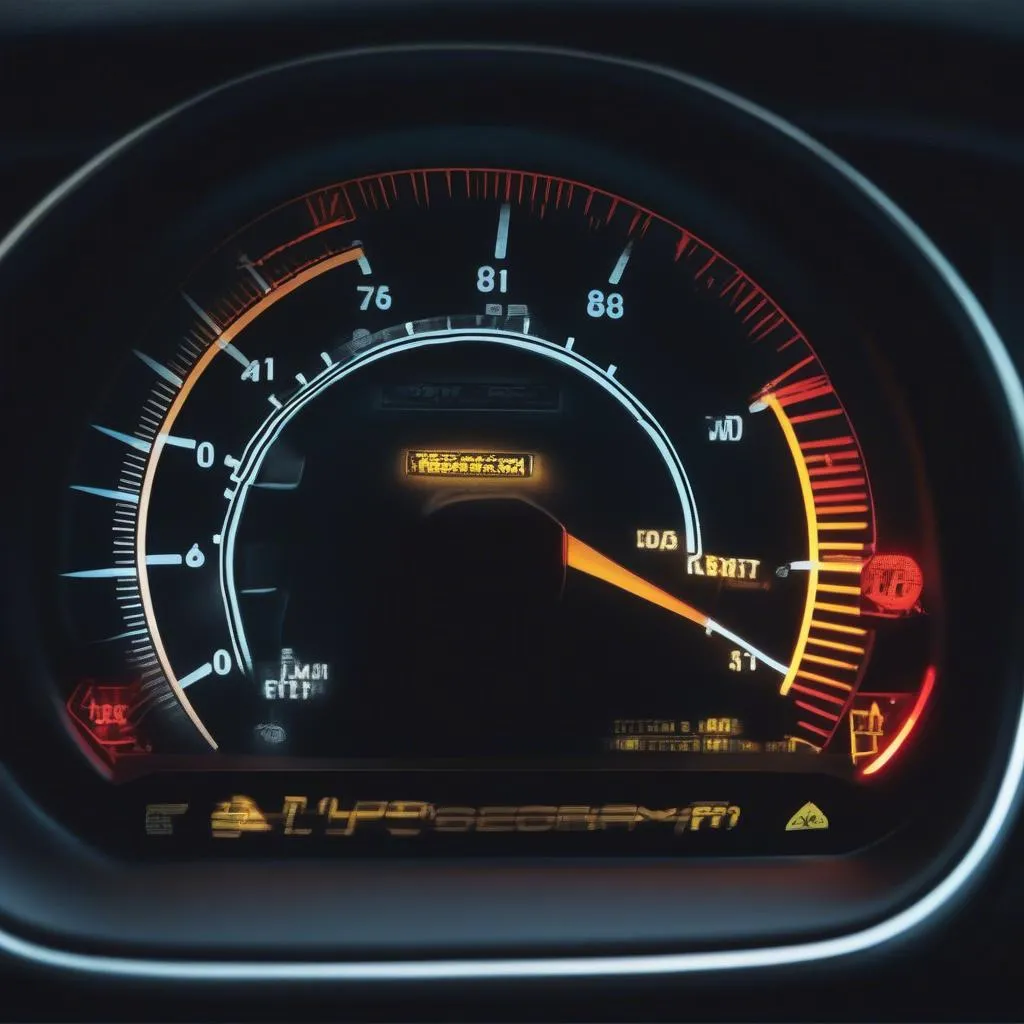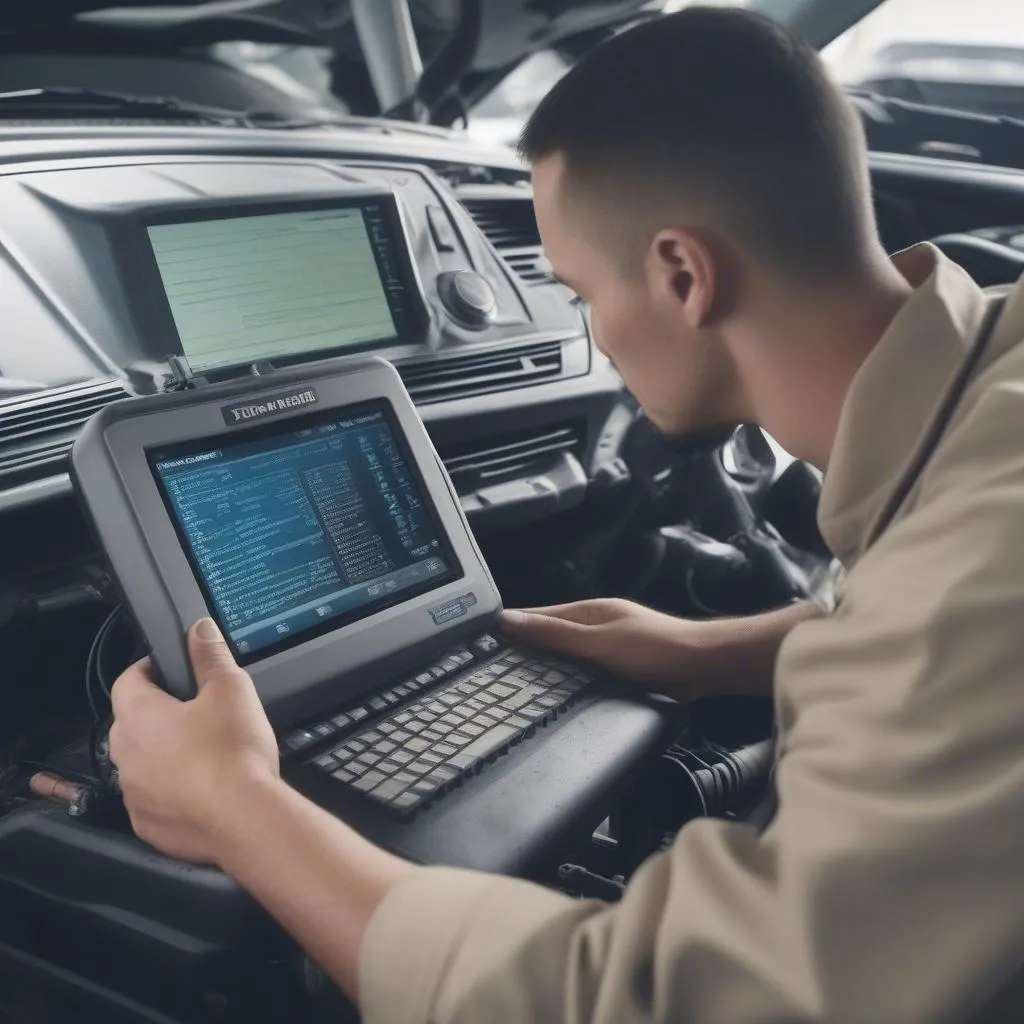Ever been driving and suddenly a light pops up on your dashboard, resembling a cryptic hieroglyphic? That, my friend, is your car trying to tell you something’s up, and it’s talking through the OBD system. But what exactly is an OBD sensor, and why should you care?
Decoding the Mystery: What Does OBD Sensor Even Mean?
Let’s break it down. OBD stands for On-Board Diagnostics, which is basically your car’s internal computer system. Think of it as your car’s nervous system, constantly monitoring its vital signs. Now, the “sensors” are like the nerve endings, relaying information from various parts of your engine and emissions system back to the OBD system.
Imagine this: You’re driving down the highway, and your engine starts running a little rich. An oxygen sensor (O2 sensor), a crucial type of OBD sensor, picks up on this excess fuel. It sends a signal to the OBD system, which then triggers that infamous “Check Engine” light on your dashboard, along with a specific code that mechanics can use to pinpoint the problem.
 Check Engine Light
Check Engine Light
Why Should You Care About OBD Sensors?
In the old days, diagnosing car problems was like reading tea leaves. Mechanics relied on intuition and experience. But with OBD sensors, it’s more like having a detailed report of your car’s inner workings.
Here’s why OBD sensors are your car’s unsung heroes:
- Early Detection: They can detect problems early on, even before you notice any symptoms, potentially saving you from costly repairs down the road. Think of it as preventative healthcare for your car.
- Accurate Diagnosis: No more guessing games! OBD sensors provide specific codes that help mechanics pinpoint the exact issue, making repairs quicker and more efficient.
- Improved Fuel Efficiency: Sensors like the Mass Air Flow (MAF) sensor help optimize your engine’s air-fuel mixture, leading to better gas mileage and lower emissions.
- Peace of Mind: Knowing that your car is constantly being monitored provides invaluable peace of mind, especially for long journeys.
Common Questions About OBD Sensors:
Q: Can an O2 sensor go bad without an OBD code?
While rare, it is possible. Sometimes, a failing O2 sensor might not trigger an immediate code but could cause subtle performance issues like decreased fuel economy or sluggish acceleration. If you suspect a problem, it’s always best to have your car checked by a professional.
Q: What does OBD code P0141 mean?
This code specifically refers to a problem with the O2 sensor heater circuit in Bank 1, Sensor 2. Don’t panic; it doesn’t mean your car is going to explode! It simply means there’s an issue with the heating element that helps the sensor warm up faster for optimal performance.
Q: Can I replace an OBD sensor myself?
While some car enthusiasts with mechanical skills might tackle this, it’s generally recommended to have a qualified mechanic handle OBD sensor replacements. They have the expertise and tools to ensure the job is done correctly.
 OBD Scan Tool
OBD Scan Tool
